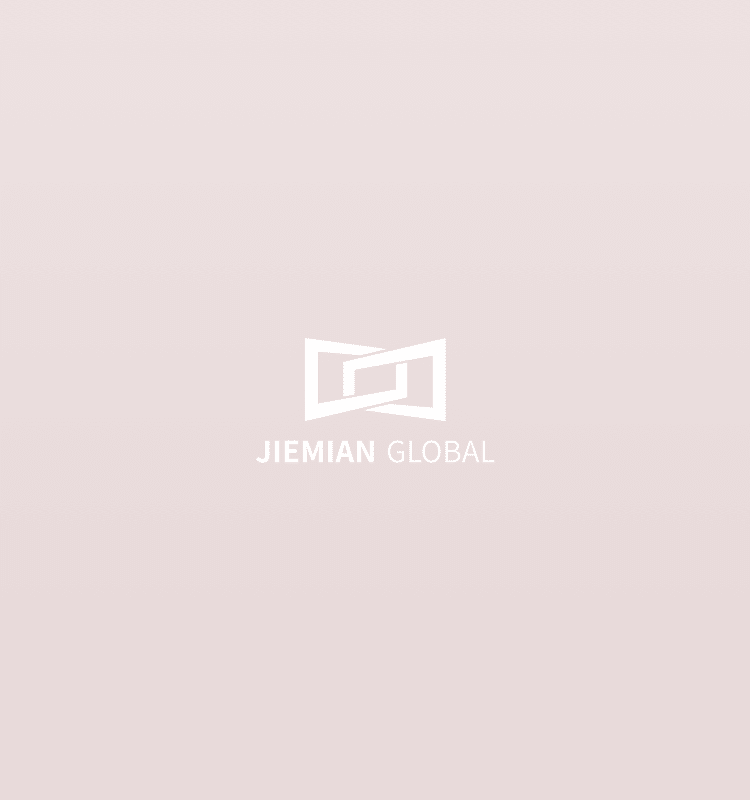
by ZHAO Xiaojuan
Aldi China recorded 2 billion yuan (US$275 million) in sales in 2024, up 100 percent year on year, according to the latest "Top 100 Supermarkets in China" list published by the China Chain Store & Franchise Association (CCFA). The company also climbed 21 spots in the rankings to No. 61.
Walmart retained the top spot on the list, followed by RT-Mart, which moved up from third to second place. Hema leapt from fifth to third, making the top three for the first time.
Despite the strong sales performance, Aldi added only five new stores last year, bringing its nationwide total to 55 by the end of 2024. This translates to an average annual revenue of 36 million yuan per store — a solid figure for a 1,000-square-meter retail space. As of July 10, 2025, Aldi operates 78 stores in China, including four set to open soon, according to data from its WeChat mini-program.
Aldi's rapid growth has been largely driven by higher same-store sales rather than store expansion. The brand has earned a loyal following through aggressive pricing and deep discounting. On Chinese social media, users have described it as the antithesis of 'Shanghai Pricing,' citing 3.9-yuan sanitary pads and 9.9-yuan shampoo as examples.
Often referred to in the retail industry as a pioneer of the hard-discount model, Aldi launched a new slogan — "Good quality, truly low prices" — in late 2023 and rolled out an "ultra-value" product line featuring items like 400 grams of pork belly for 14.9 yuan, 800 grams of carrots for 2.8 yuan, and 980 grams of yogurt for 10.9 yuan. The "ultra-value" line has since become a core differentiator, especially against other retailers' private-label brands.
"A private-label-focused retailer like Aldi faces initial hurdles because of scale," said HU Chuncai, a retail training expert and general manager at consultancy UI Sharing. “But once customers recognize the value, repurchase and word-of-mouth follow.”
With 2 billion yuan in revenue across just 55 outlets, Aldi likely wields significant influence in procurement and upstream supply chains. The company told Jiemian News in April that it works closely with suppliers to cut costs — even intervening in production and logistics — to ensure quality while keeping prices low.
For example, Aldi was able to reduce the price of one bottled water product by lowering packaging weight and materials. In another case, its popular "authentic 24-pleat Yangzhou baozi" saw its logistics cost shrink as sales volume rose, allowing Aldi to cut its retail price in September 2024.
Aldi has also leaned into savvy marketing. On lifestyle platform Xiaohongshu, the brand promotes meal ideas like a "feast-style barbecue for under 100 yuan" and a "two meat, one veg combo for 40 yuan per person," reinforcing its image as a high-value, low-cost destination.
Yet Aldi's rigorous quality and cost demands mean not every supplier can get on board. A dried fruit producer in southern China told Jiemian News that becoming an Aldi supplier is extremely difficult. "Factory visits at any time are a basic requirement," he said, adding that Aldi requires IFS certification and third-party audits. "We still haven't made the cut."
After five years of focusing on Shanghai, Aldi has only recently begun expanding beyond the city. In April and May, the chain opened its first stores in Wuxi, Suzhou, and Kunshan. More outlets are slated to open later this month and in August in both Jiangsu Province and Shanghai.
In contrast, rival Hema NB — Alibaba's discount grocery format — is expanding far more aggressively. Backed by a franchise model and a low-capex store design, it surpassed 250 outlets by Q1 2025, roughly three times Aldi's current footprint.
However, a retail insider told Jiemian News that while Hema NB's strength lies in wide coverage and omnichannel presence, Aldi focuses on perfecting a smaller number of SKUs with strong repeat appeal. "In today's economy, just as Pangdonglai has forged deep connections between products and brand, Aldi is winning on repeat purchases, foot traffic and consistent quality."